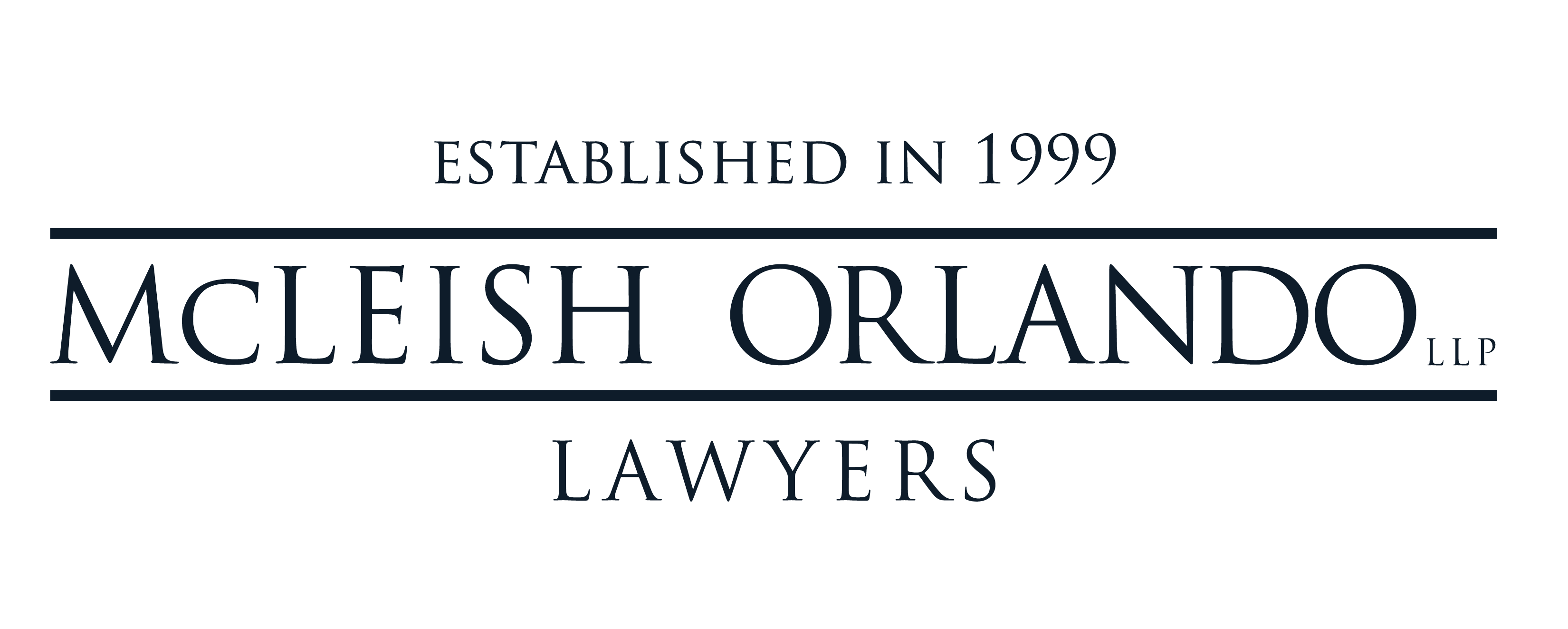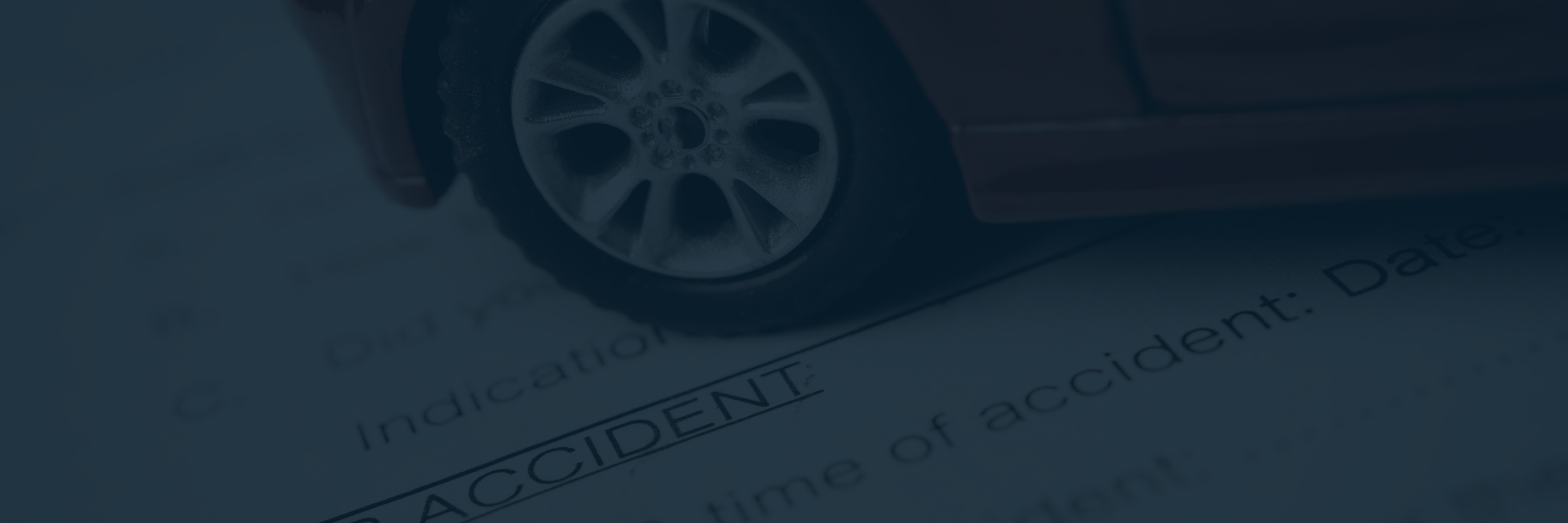Written by: Brandon Pedersen and Diya Parikh, Summer Student
Motorcycle accidents can cause severe injuries and lead to complicated legal battles. For riders in Ontario, understanding the legal steps to take after an accident is essential to protect both your health and your rights. This blog will provide legal insights every rider should know to safeguard their interests after a motorcycle accident.
What to do immediately after a crash
Immediately following a crash, it’s important to call the police and record the accident. While waiting for authorities, document the scene thoroughly by taking photos of the vehicles, road conditions, and any visible injuries. Collect contact and insurance information from all parties involved, and if there were any witnesses, obtain their names and phone numbers as well. These are invaluable details if pursuing a motorcycle injury claim later. Even if you feel fine, seek medical attention promptly. Injuries from motorcycle accidents may not be immediately apparent, and medical records will serve as critical evidence when seeking personal injury compensation in Ontario.
Speaking to Police and Insurance: Dos and Don’ts
When speaking to police or insurance representatives, be mindful of what you say. Avoid admitting or speaking to fault, or speculating about the cause of the accident. Stick to the facts and keep your statements clear and concise. Early admissions or inaccurate descriptions can negatively affect your case and reduce the compensation you may receive.
Reporting to your Insurance Company
Reporting your motorcycle collision to your insurance company is a legal requirement in Ontario. You must notify your insurer within 7 days or as soon as reasonably possible to qualify for Statutory Accident Benefits under Ontario’s no-fault insurance system. Failing to report on time or providing incomplete information can lead to a denied insurance claim or a reduction in benefits. It’s important to carefully review any statements you provide and consult a lawyer if you have any questions about the process.
Navigating Fault, Compensation, and Legal Disputes
Legal disputes after a motorcycle accident often revolve around fault and compensation. Insurance companies may argue contributory negligence, claiming that you, the injured person, were partially responsible for the crash. While, if true, this can reduce your compensation, it does not eliminate your right to benefits. Additionally, insurers sometimes deny claims or offer settlements that don’t entirely cover your losses. Having legal representation can strengthen your position in negotiating with insurers and help ensure you receive fair compensation. If your claim is denied, you may have the option to file a dispute or a lawsuit against the at-fault party to recover damages such as pain and suffering, loss of income, and future care costs.
Understanding the types of compensation available is also important. Ontario’s no-fault insurance system provides accident benefits regardless of who caused the accident, including income replacement and medical care. However, if it is found that another driver was negligent, you may pursue tort claims for additional damages, especially in cases of serious or permanent injury. Even if you were partly at fault, contributory negligence rules allow you to claim benefits, though your compensation may be reduced proportionately.
Recent Legal Trends
Recent trends in Ontario have impacted motorcycle accident claims, including the growing use of dashcam and helmet camera footage. In recent years, Ontario courts and insurance companies have increasingly accepted video evidence from riders’ cameras to help determine what really happened in a crash. This means that if you have clear footage depicting how the accident occurred, it can make it much easier to prove who was at fault and support your position and evidence. As a result, more riders are choosing to use cameras, knowing that this evidence can make or break a dispute with insurance companies or if fault is being questioned.
Contacting a Lawyer
You should contact a lawyer who practices personal injury, more specifically in the area of motorcycle accidents as soon as possible if you have suffered serious injuries, your claim has been denied, or you are unsure about a settlement offer. Early legal advice helps preserve your rights and can significantly increase the compensation you receive.
Conclusion: Protecting Your Interests After a Crash
In conclusion motorcycle accidents involve more than just physical risks; they also bring legal complexities that riders must navigate carefully. Prompt reporting, thorough documentation, and consulting an experienced personal injury lawyer are essential steps to protect your interests after a crash. If you want to learn more about what to do after a motorcycle accident or how to report a collision to your insurance company properly, check out these helpful resources:





